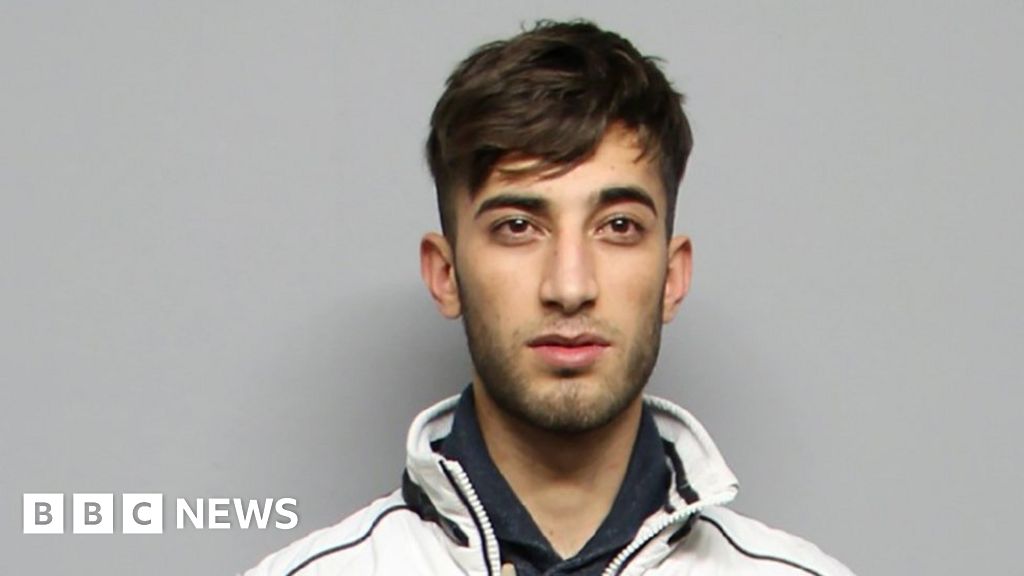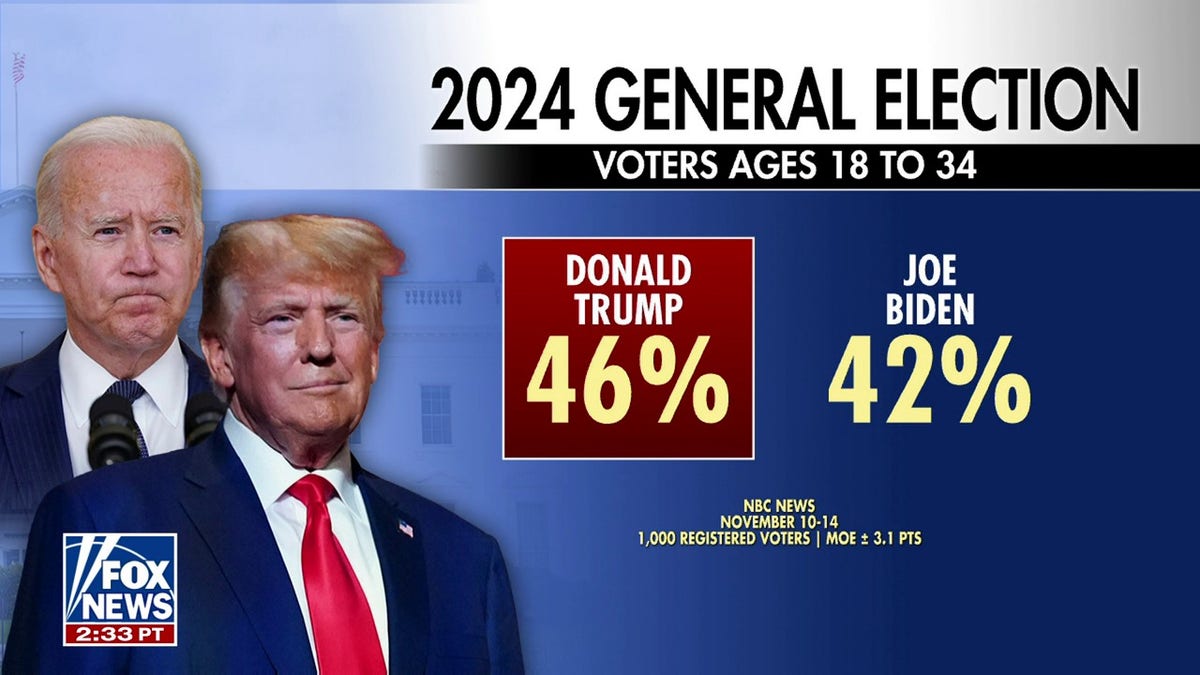Dutch Border Checks Remain Enhanced: Analysis Of Recent Trends In Arrests And Asylum Requests

Table of Contents
Increased Arrests at the Dutch Border
The number of arrests at the Dutch border has risen considerably. This increase reflects a more robust approach to border security and intensified efforts to combat various forms of cross-border crime.
Types of Crimes Leading to Arrests
The rise in arrests stems from a multitude of criminal activities. Drug smuggling remains a significant concern, with large quantities of narcotics seized at various border points. Human trafficking is another persistent issue, with authorities actively targeting criminal networks exploiting vulnerable individuals. Illegal immigration also contributes substantially to the increased arrest figures.
- Recent high-profile cases: The seizure of a record amount of cocaine hidden within a shipment of bananas in Rotterdam port in 2023 highlighted the ongoing challenge of drug smuggling.
- Statistical data: Official statistics from the Koninklijke Marechaussee (Royal Military Police) reveal a consistent upward trend in arrests related to drug trafficking and human trafficking since 2020.
- Inter-agency collaboration: Effective cooperation between the Koninklijke Marechaussee, the Dutch national police (Nationale Politie), and other European law enforcement agencies is crucial in combating cross-border crime.
Impact of Enhanced Security Measures
The increase in arrests is partly attributed to the implementation of enhanced security measures at the Dutch border. Technological advancements and strategic improvements play a significant role.
- Advanced scanning equipment: New X-ray machines and other advanced scanning technologies allow for more thorough inspections of vehicles and cargo, leading to higher detection rates of contraband.
- Improved intelligence gathering: Enhanced information sharing and intelligence analysis improve the effectiveness of border patrols, allowing for targeted interventions.
- Increased human resources: Greater allocation of personnel to border control operations has also contributed to the increase in arrests. This includes additional officers, specialized units, and support staff.
Fluctuations in Asylum Requests
Alongside the rise in arrests, the number of asylum applications received in the Netherlands has shown considerable fluctuation in recent years. Understanding these trends is vital for policy development and resource allocation.
Recent Trends in Asylum Applications
The number of asylum applications received by the Dutch Immigration and Naturalization Service (IND) has varied significantly. While there was a decrease in 2021, there has been a subsequent rise.
- IND statistics: Data from the IND's official website provides detailed information on the number of applications received, the nationalities of applicants, and the processing times.
- Graphical representation: Visual representations of these trends, such as graphs and charts, can effectively highlight the fluctuations over time.
- Nationalities and reasons: Syrian, Afghan, and Eritrean nationals have frequently constituted a significant proportion of asylum seekers, citing conflict, persecution, and lack of human rights as primary reasons for seeking refuge.
Processing Times and Outcomes
The IND faces challenges in processing the influx of asylum applications, leading to varying processing times and outcomes.
- Average processing times: The average processing time can vary depending on individual circumstances, but delays are often reported, creating uncertainty and stress for applicants.
- Success rates: The acceptance rate differs across nationalities based on individual circumstances and the assessment of their claims.
- Impact of stricter controls: While stricter border controls may deter some irregular entries, they don't necessarily reduce the number of genuine asylum seekers needing protection.
The Socio-Economic Impact of Enhanced Dutch Border Checks
Maintaining enhanced border security has significant socio-economic consequences, impacting resource allocation and public discourse.
Strain on Resources
The intensified border checks place considerable strain on both financial and human resources.
- Costs associated with technology, personnel, and processing: Investment in advanced technology, increased staffing, and the costs associated with processing asylum applications represent a substantial financial burden.
- Consequences of insufficient resources: Inadequate resources can lead to longer processing times for asylum applications, potential backlogs, and an increased risk of overburdening personnel.
Public Opinion and Political Discourse
Public opinion and political debates surrounding enhanced Dutch border checks are complex and often polarized.
- Political party stances: Different political parties hold varying perspectives on border security, asylum policy, and the allocation of resources.
- Public opinion polls: Public opinion polls reveal a range of viewpoints regarding the effectiveness and ethical implications of enhanced border security.
- Ethical considerations and human rights implications: The human rights aspects of stricter border controls, particularly concerning the treatment of asylum seekers, are subject to ongoing debate and scrutiny.
Conclusion
Enhanced Dutch border checks have resulted in a notable increase in arrests for various cross-border crimes, alongside fluctuating trends in asylum applications. The socio-economic implications are significant, requiring careful consideration of resource allocation, public sentiment, and ethical concerns. Understanding these trends in arrests and asylum requests is crucial for policymakers to make informed decisions and ensure a balanced approach that addresses both security and humanitarian needs. To stay informed about developments regarding Dutch border checks and their societal impact, regularly consult reputable news sources, government websites, and research reports on the effectiveness of different security measures and their long-term consequences for asylum seekers. Continue to engage in discussions concerning Dutch border checks to contribute to a more informed and balanced perspective on this complex issue.

Featured Posts
-
 Boston Celtics Clinch Division After Blowout Victory
May 12, 2025
Boston Celtics Clinch Division After Blowout Victory
May 12, 2025 -
 Kim Kardashi An Izbor Na Obleka Ko Gi Potentsira Ne Zinite Oblini
May 12, 2025
Kim Kardashi An Izbor Na Obleka Ko Gi Potentsira Ne Zinite Oblini
May 12, 2025 -
 Het Einde Van Een Icoon Thomas Mueller Vertrekt Bij Bayern Muenchen
May 12, 2025
Het Einde Van Een Icoon Thomas Mueller Vertrekt Bij Bayern Muenchen
May 12, 2025 -
 Mtv Cribs Architectural Marvels And Celebrity Homes
May 12, 2025
Mtv Cribs Architectural Marvels And Celebrity Homes
May 12, 2025 -
 Celtics Vs Knicks Where To Watch The Game Live
May 12, 2025
Celtics Vs Knicks Where To Watch The Game Live
May 12, 2025
Latest Posts
-
 How Trumps Desire For Low Oil Prices Affected The Us Energy Industry
May 12, 2025
How Trumps Desire For Low Oil Prices Affected The Us Energy Industry
May 12, 2025 -
 The Paradox Of Trumps Energy Policy Cheap Oil And Industry Relations
May 12, 2025
The Paradox Of Trumps Energy Policy Cheap Oil And Industry Relations
May 12, 2025 -
 Analyzing Trumps Stance On Cheap Oil And Its Effect On The Energy Industry
May 12, 2025
Analyzing Trumps Stance On Cheap Oil And Its Effect On The Energy Industry
May 12, 2025 -
 Donald Trump And The Price Of Oil A Critical Analysis Of His Approach
May 12, 2025
Donald Trump And The Price Of Oil A Critical Analysis Of His Approach
May 12, 2025 -
 Cheap Oil And The Trump Legacy An Examination Of His Energy Policies
May 12, 2025
Cheap Oil And The Trump Legacy An Examination Of His Energy Policies
May 12, 2025
